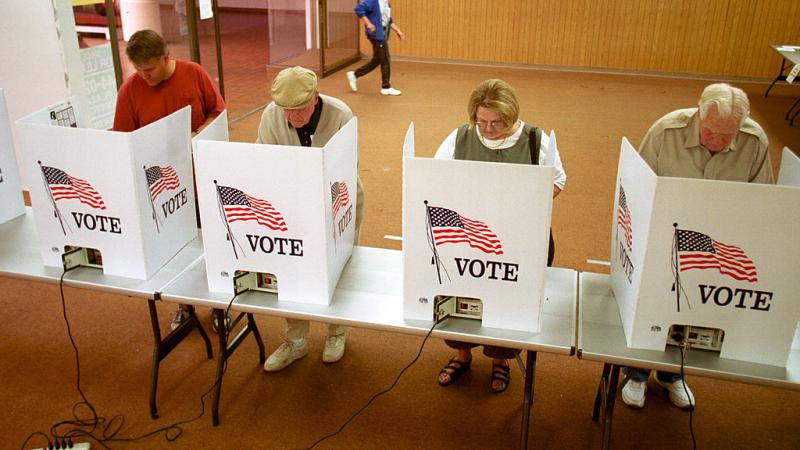Judge rules against GOP challenge to 'warning labels' on Washington state ballot initiatives
Warnings designed to inform voters how state funding or services could be impacted by a ballot measure changing any tax or fee.
A judge in Washington state has rejected a legal challenge brought by state GOP Chair Jim Walsh to Attorney General Bob Ferguson’s ability to put "warning labels" on initiatives slated for the fall ballot.
Thurston County Superior Cour Judge Allyson Zipp ruled that all three initiatives, one to give workers an opt-out to the WA Cares program, one to repeal the Cap-and-Trade program, and one to repeal capital gains taxes are in fact subject to WA’s Public Investment Impact Disclosure statute.
The PIID was intended to inform voters how state funding or services could be impacted by a ballot measure that repeals, imposes or changes any tax or fee.
The Republican backers of the three initiatives argued that AG Ferguson contradicted himself when it comes to when the law about fiscal impact statements should apply. They pointed to the fact supporters of the CCA, Capital Gains and WA Cares didn’t want to use the words ‘tax or fee’ when supporters were arguing for passage.
“This is partisan spin,” said Walsh in an interview with The Center Square earlier this week. “It’s not good public policy.”
During oral arguments Friday, attorney Noah Purcell from the AG’s office argued, “The Legislature enacted the Public Investment Impact Disclosure statute to provide voters with additional information on the ballot about the fiscal impact of the initiatives they are considering. All three of the measures being considered here today clearly meet criteria for the PIID.”
Attorney Joel Ard made arguments on behalf of the plaintiffs, telling the judge that when it comes to Initiative 2117 to repeal the CCA, putting a warning label on the ballot measure isn’t necessary because the CCA is not a tax or fee.
“It’s a commodity charge,” said Ard. “These auction credits that are purchased meet the criteria for being a commodity charge because anybody can buy them. It’s not a fee, it’s not a regulatory fee, it’s not a burden impact fee, it’s a commodity charge.”
Ard continued, “The people paying it aren’t necessarily the people creating the negative externality, it’s anyone who wants to buy one of those can do it at auction.”
Judge Zipp pushed back reading a section from the statute that created the PIID. “The legislature further finds when a ballot measure will affect further funding of public investments, a neutral non-prejudicial disclosure of public investments effected, would serve that purpose.”
She suggested lawmakers’ intent was to ensure voters understood if initiatives would impact state investments.
“It certainly serves the legislatures purpose and clear intent of ensuring that the public should be able to know the fiscal impact that their vote will have on public investments.”
Upon the ruling, GOP Chair Jim Walsh told The Center Square, “The Thurston County court lived up to its reputation and rubber-stamped the bureaucrats’ opinion. That opinion is that words only meant what bureaucrats say they mean and those meanings cam change when bureaucrats want them to change.”














